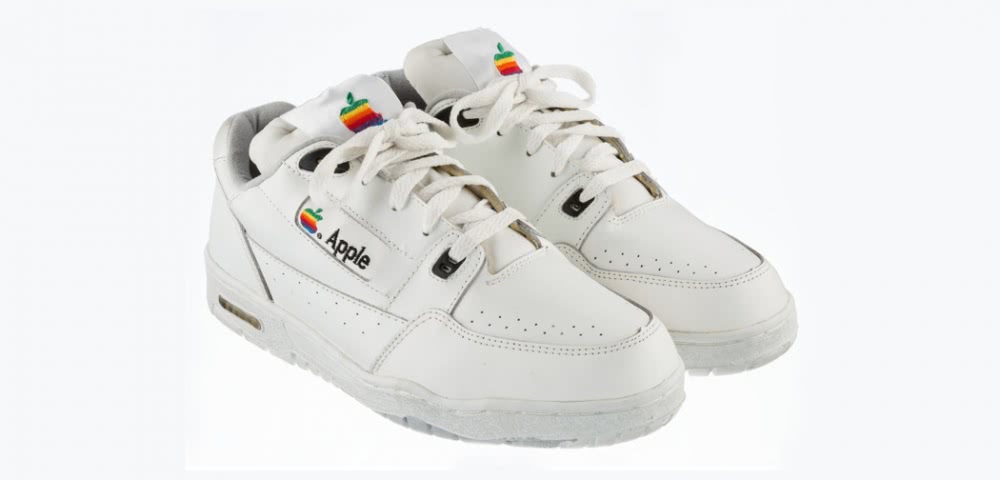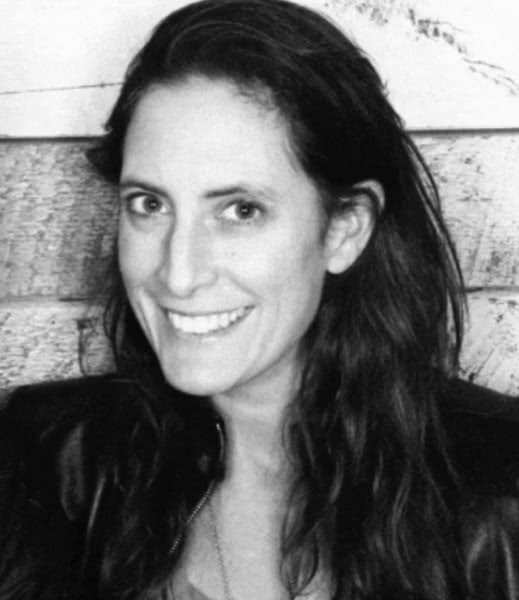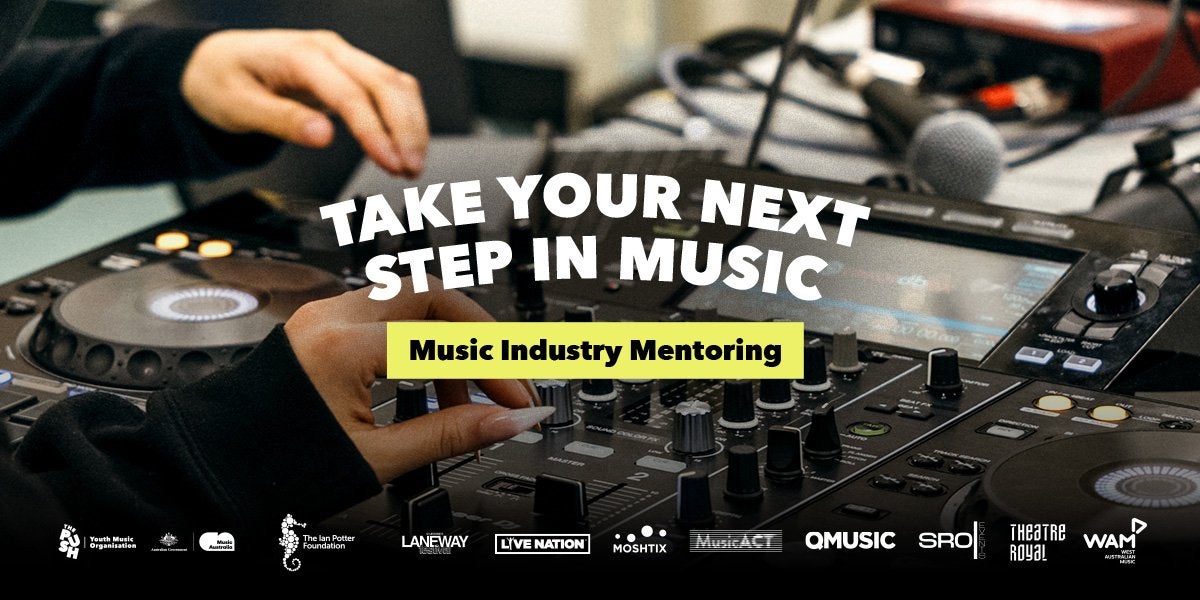Apple launches music publishing division

Apple has established a department dedicated to relationship-building with music publishers.
The tech giant tapped legal specialist Elena Segal to oversee a new internal division in the role as Global Director of Music Publishing for Apple Music, according to multiple reports published overnight.
Formerly legal director at iTunes International, Segal will split her time between the U.S. and U.K.

It’s early days for the new unit, which is spearheaded by the recently appointed head of Apple Music worldwide Oliver Schusser who, like Segal, made the step up from iTunes international.
Segal, who joined Apple in 2006 after a stint as an Associate at Mitchell Silberberg & Knupp LLP, will be tasked with better managing its relationships with music publishers, a rep tells Billboard.
During her time with the Cupertino firm, she was involved in legal and licensing arrangements for iTunes and Apple Music, which launched in June 2015 and recently signed up its 50 millionth subscriber. Apple Music now operates in 115 territories.
Apple prides itself on innovation and striding ahead of the game, and with a market capitalisation of about $924 billion, it’s the world’s most valuable company. Its music publishing arm will develop direct relationships with creators and copyright owners, and will be carved into several divisions dedicated to operations, commercial, publisher relations and A&R.
Launching this global publishing division is a small risk for a company with such deep pockets and the motivation to keep its content providers happy and become the first corporation worth a trillion dollars.
Crucially, Apple assures it’s not planning to act as a music publisher itself, a company rep tells Billboard.
Publishing, if done well, can be a lucrative, solid business with long-term returns. Gaze into that crystal ball for a moment and imagine, if Apple did, in time, pursue that path, it could undo a lot of goodwill with music publishers, who would declare it a conflict of interest.
Apple, of course, would see an active publishing arm as an “opportunity” for the creators it represents. But we’re not there yet.
The article was originally published on The Industry Observer




.jpg)